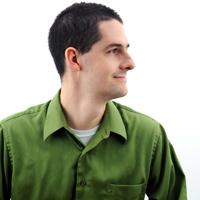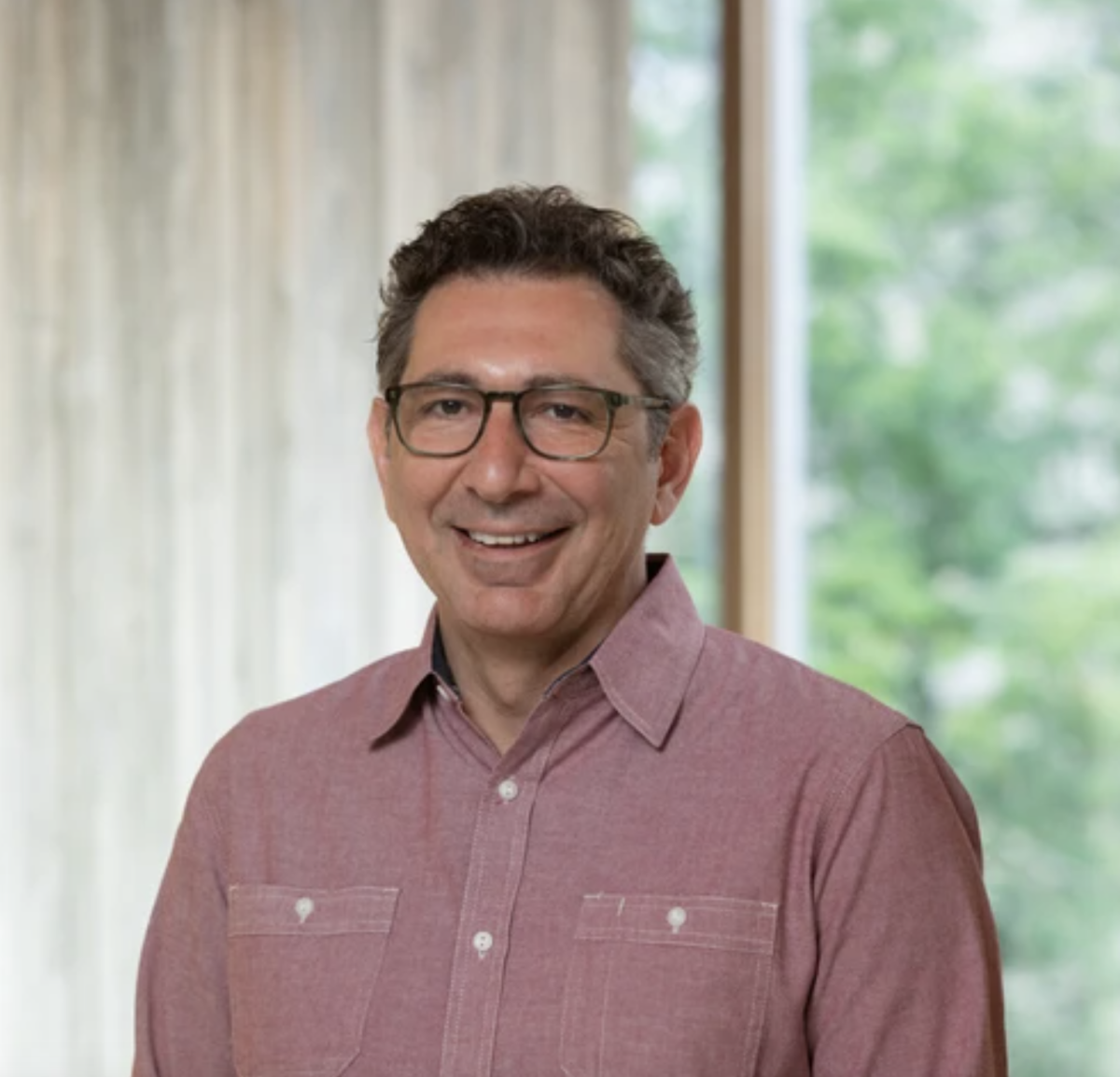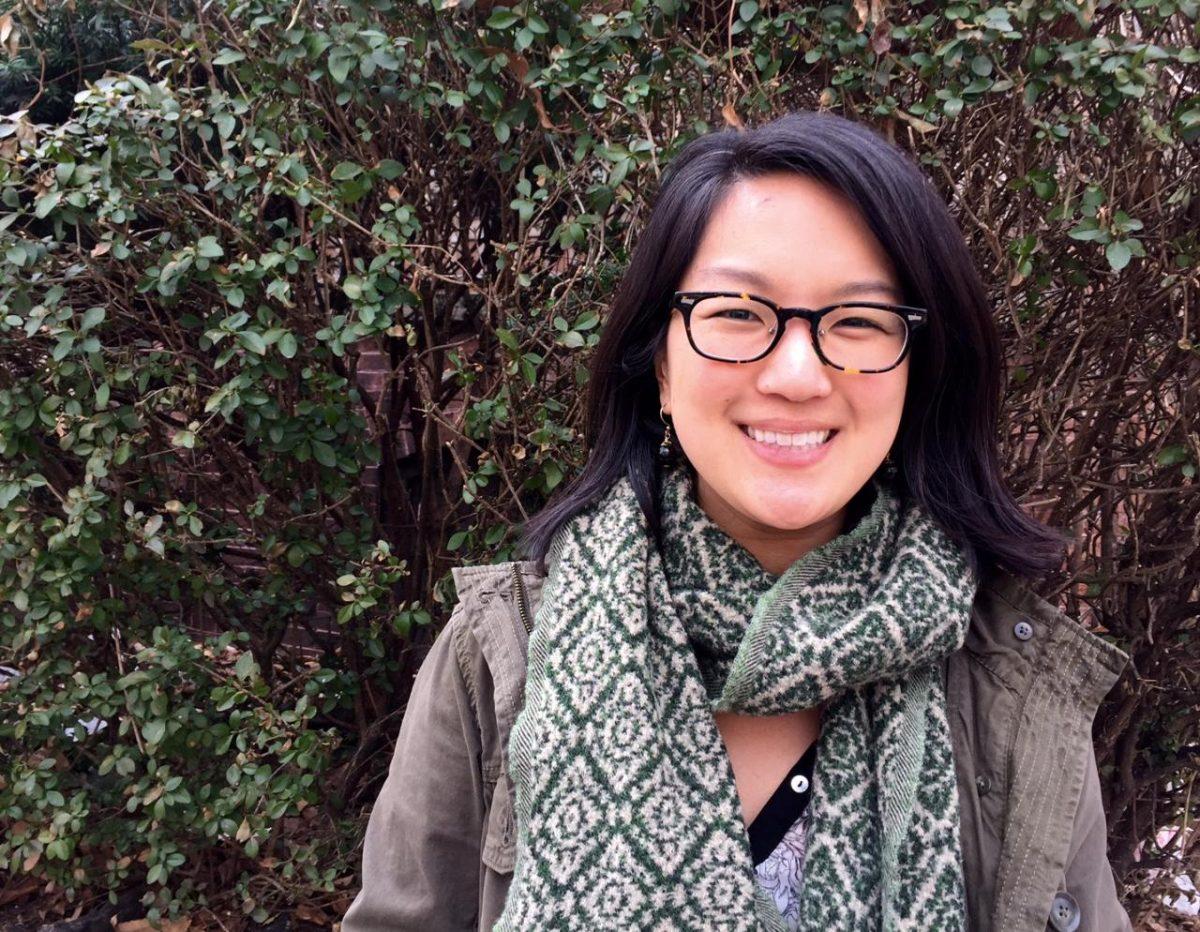What exactly does a mathematician do? According to associate professor of mathematics Alexander Diesl, it involves a lot of scratch paper and is similar to art in that it requires creativity and flexibility. Diesl’s own research is in a branch of pure math known as abstract algebra.
Specifically, Professor Diesl is a noncommutative ring theorist. In mathematics, a ring is an abstract mathematical object (a set, S) with two operators, addition and multiplication, that satisfy a set of rules (axioms) such as the commutative law of addition, a+b = b+a, and the associative law of multiplication, (a*b)*c = a*(b*c), among others.
Professor Diesl’s research consists mostly of constructing examples of such rings.
“Once you have defined what a ring is, you realize that there are many additional properties that they can have. And then you might wonder which properties are consistent with which others,” Diesl said. “For example, can you have one which has only finitely many elements, but which has unique factorization into primes? I find it quite satisfying!”
Diesl’s enthusiasm for the subject began when he was a child. Having always enjoyed math, he was fortunate to have parents and teachers who nurtured his interest. After high school, Diesl went on to attain bachelor’s and master’s degrees in mathematics at Johns Hopkins University, and was awarded his Ph.D at the University of California, Berkeley.
Like many students, however, Professor Diesl wasn’t sure he wanted to go to graduate school from the beginning.
“I assumed that I would major in mathematics, though it did not initially occur to me to go to graduate school. In my junior year, I did seriously consider switching my focus to physics, but after a summer math research experience, I returned to math, determined to pursue a Ph.D. and a job in academia,” he explained.
Though Diesl himself was fortunate enough to have always excelled at math in an environment that encouraged him to develop his talents, he reflected on the fact that many students are labeled “bad at math” from an early age. Diesl conjectures that they are labeled due to the wrong criteria.
“The American primary and secondary school math curricula present an extremely narrow idea of what constitutes ‘being good at math.’ It seems to prize things such as speed, memory and the ability to follow algorithms.” Professor Diesl argued. “Those that succeed at these things are labeled ‘good at math,’ but what happens to everyone else?”
Diesl continued, “Often, they give up without ever getting a chance to see other sides of math, such as the deliberate, collaborative and creative aspects of math — these are some of the best parts!”
Mathematics is important in order for our society to function and for technology to advance, but we often value mathematics and computation solely for their applications to other fields such as biology, medicine or engineering. As a pure mathematician — a mathematician that studies mathematics for its own sake — Professor Diesl believes that pure math also occupies an important place in the liberal arts curriculum. Its strength, he argues, is the power of abstraction and precision.
Abstraction is the power to see connections between seemingly disparate phenomena, which seem unrelated until they are seen side by side in a broad, general way. Precision is crucial to mathematicians because of mathematics’ extensive use of proofs. Because of their need to be precise, mathematicians are extremely careful with the way they use language, define notions and structure their arguments.
“Mathematics teaches one to discover and describe patterns. Its students hone their powers of observation and reasoning,” Diesl said.
While pure mathematics research holds an ambiguous place in our education and our daily lives, Diesl has faith that it has as much power as any applied field. Further, Professor Diesl makes the case for the applicability of pure math to students worrying about entering the workforce, a topic on virtually every Wellesley student’s mind.
“Students of mathematics seek to find connections and describe systems. Though they do so through studying mathematical structures, these fundamental intellectual skills are transferrable to other settings. So, I might argue that a study of math is applicable to every ‘real world’ job.” Smiling, he continued, “Of course, this is really true of all of the liberal arts.”
Photo courtesy of Wellesley College
Diederique van der Knaap ’18 is a contributing columnist for the Features section. She enjoys science, hiking, reading (especially George Eliot and Willa Cather), and documentaries. She is best reached at [email protected] or @ddVDK on Twitter









